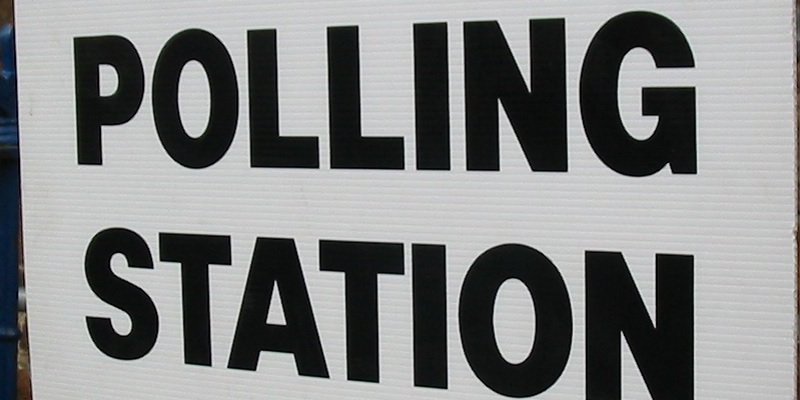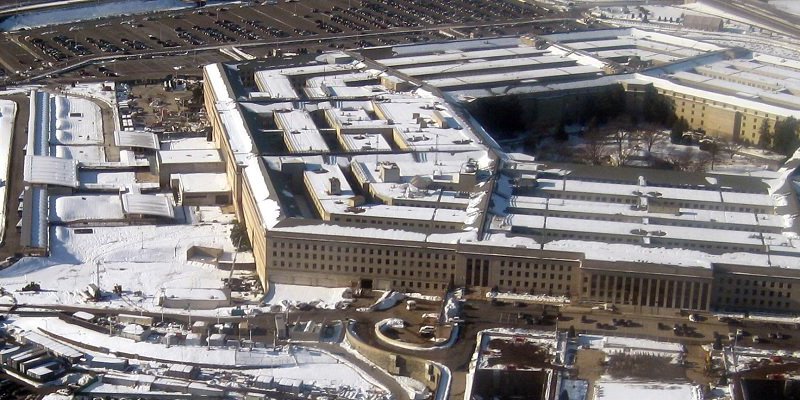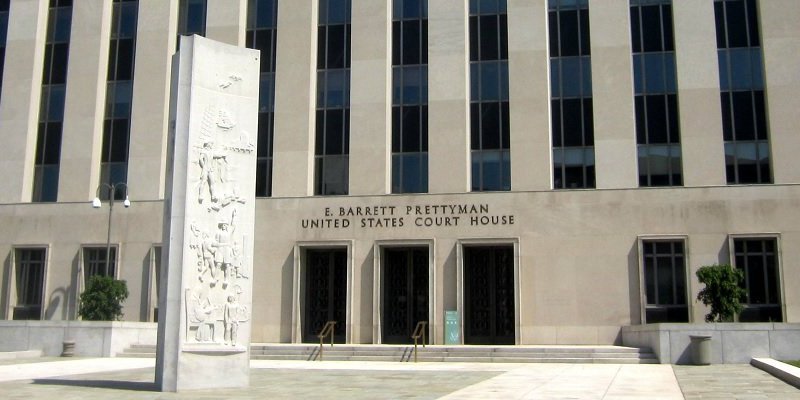9306 Tags
war on terror
5 Articles

This week’s FOIA round-up: Florida midterm recounts spark lawsuits, insanity pleas and recidivism in Oregon, and the CIA considered “truth serum” as a substitute for torture
In this week’s FOIA round-up, lawsuits mount across the Sunshine State amid recounts of three statewide races, and records reveal the Central Intelligence Agency considered subbing torture for “truth serum” interrogations after 9/11. What’s more, Oregon’s Psychiatric Security Review Board claims low recidivism among those acquitted of crimes based on insanity claims, despite internal emails about a study that reveals the opposite.

115 people helped sort through Donald Rumsfeld’s memos. Here’s what they found.
Our contest to crowdsource #RummysSnowflakes is officially over, so now it’s a time to congratulate the winners and see the results!

#FOIAFriday inspiration plus week one winners of #RummysSnowflakes
This week, see how FOIA has helped open a secretive EPA, what you helped uncover in Rumsfeld’s memos, and which agencies made the worst of the worst - plus how you can win free MuckRock requests and swag!

Help analyze Donald Rumsfeld’s memos and win MuckRock requests and swag
In January, thanks to a five-year fight by the National Security Archive, the Pentagon began releasing massive troves of Donald Rumsfeld’s memos, so copious that they developed their own legendary status within the Armed Forces. Now you can explore the early days of the War on Terror - and potentially earn free MuckRock requests and even swag - by helping analyze the release.

The time one of America’s most powerful and secretive courts could not get another parking spot
In 2002, as the United States’ war on terror was ramping up, the U.S. Foreign Intelligence Surveillance Court found its workload increasing, necessitating growing to 11 members to hear what would be a record number of secret warrant requests for electronic surveillance. But records released via FOIA show that even the legendary court could not get everything it wanted.